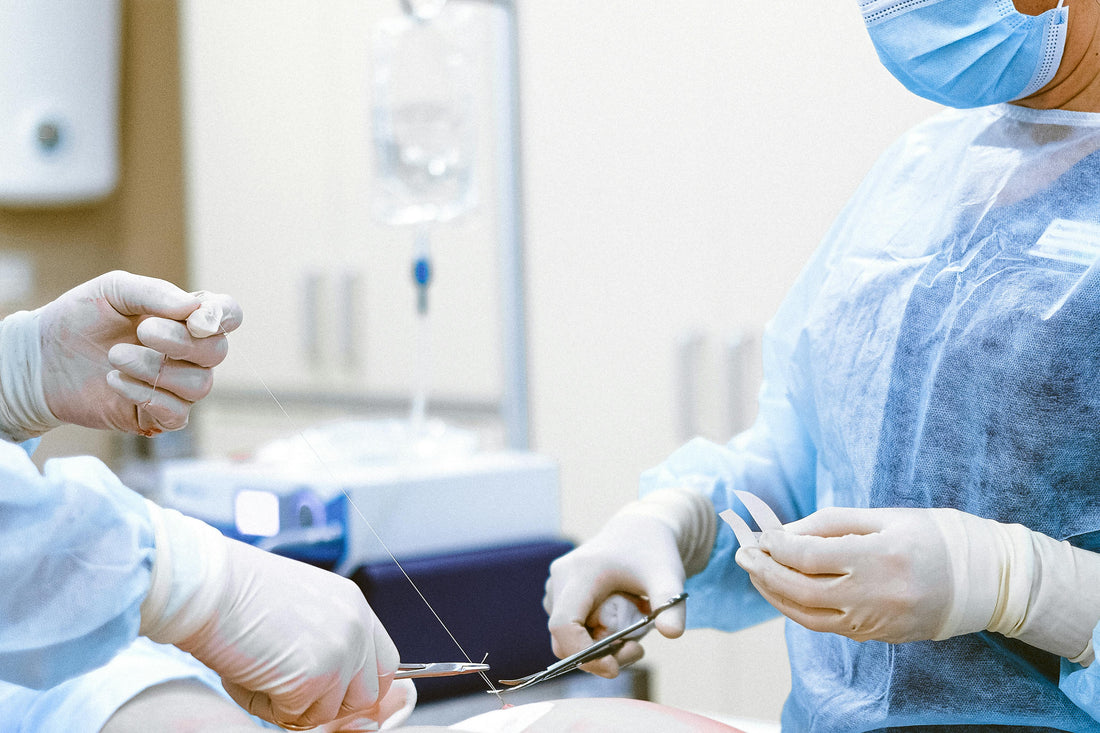
Can Creatine Help You Recover Faster After Injury or Surgery?
Share
When you're recovering from an injury or surgery, one of the biggest concerns is losing strength and muscle mass. It’s frustrating to sit out from training and see your progress fade. But what if a simple supplement like creatine could help preserve your muscle and even speed up recovery?
Let’s explore what current science says about creatine’s potential role in recovery and how you might benefit from it—even if you’re not working out.
Why Muscle Loss Happens During Recovery
Injury, surgery, or long-term rest (like being on crutches or wearing a cast) often leads to muscle disuse. When you stop using your muscles, they quickly begin to shrink—a process called atrophy. This muscle loss can affect strength, mobility, and even your ability to return to normal activity.
This is especially important for older adults, who already face age-related muscle loss. Even short periods of rest can lead to major setbacks in strength and function.
What Creatine Does in the Body
Creatine is a naturally occurring compound that helps produce quick energy for muscle contractions. Most people get creatine from meat or fish, or they take it as a supplement to boost performance. But creatine isn’t just for athletes—it can also help preserve muscle mass and energy stores in inactive muscles.
What the Research Shows
Several studies now show that creatine may help:
- Reduce muscle loss during periods of immobility
- Support strength and function after surgery or injury
- Improve rehabilitation outcomes in both young and older adults
In one study, people who took creatine during a period of limb immobilization lost less muscle mass and strength compared to those who didn’t supplement. In other trials, creatine helped patients recover faster and regain function after orthopedic surgeries like ACL repair.
While results can vary, the evidence so far suggests creatine could be a useful rehabilitation aid—especially when combined with physical therapy.
Who Might Benefit Most?
- Athletes recovering from injuries
- Post-surgery patients, especially those with limited mobility
- Older adults trying to prevent rapid strength decline
- People with casting, bracing, or bed rest
Even if you’re not able to exercise, creatine may help maintain your muscle stores until you’re active again.
How to Use Creatine for Recovery
If you're considering creatine during rehab or rest, here are some practical tips:
- Stick with creatine monohydrate: It’s the most researched, safe, and affordable form.
- Start with 3–5 grams per day: No need to load unless advised by a professional.
- Take it daily: Consistency is key, even on non-training days.
- Stay hydrated: Drink plenty of water when using creatine.
- Combine with rehab: Creatine works best when paired with physical therapy or light activity, as your body allows.
Is Creatine Safe for This Use?
Yes. Creatine is widely studied and shown to be safe for most people when used correctly. It does not harm the kidneys or liver in healthy individuals and has a good safety profile even in older adults.
However, always check with your doctor before starting any new supplement—especially if you’re recovering from surgery or have existing health conditions.
Final Thoughts
Creatine may be more than just a gym supplement—it could be a powerful tool for recovery. Whether you’re sidelined with an injury or recovering from surgery, creatine might help protect your hard-earned muscle and get you back on your feet faster. It’s affordable, easy to use, and backed by growing research in both sports and medical settings.
Recovery is tough, but creatine could make the journey a little smoother.
